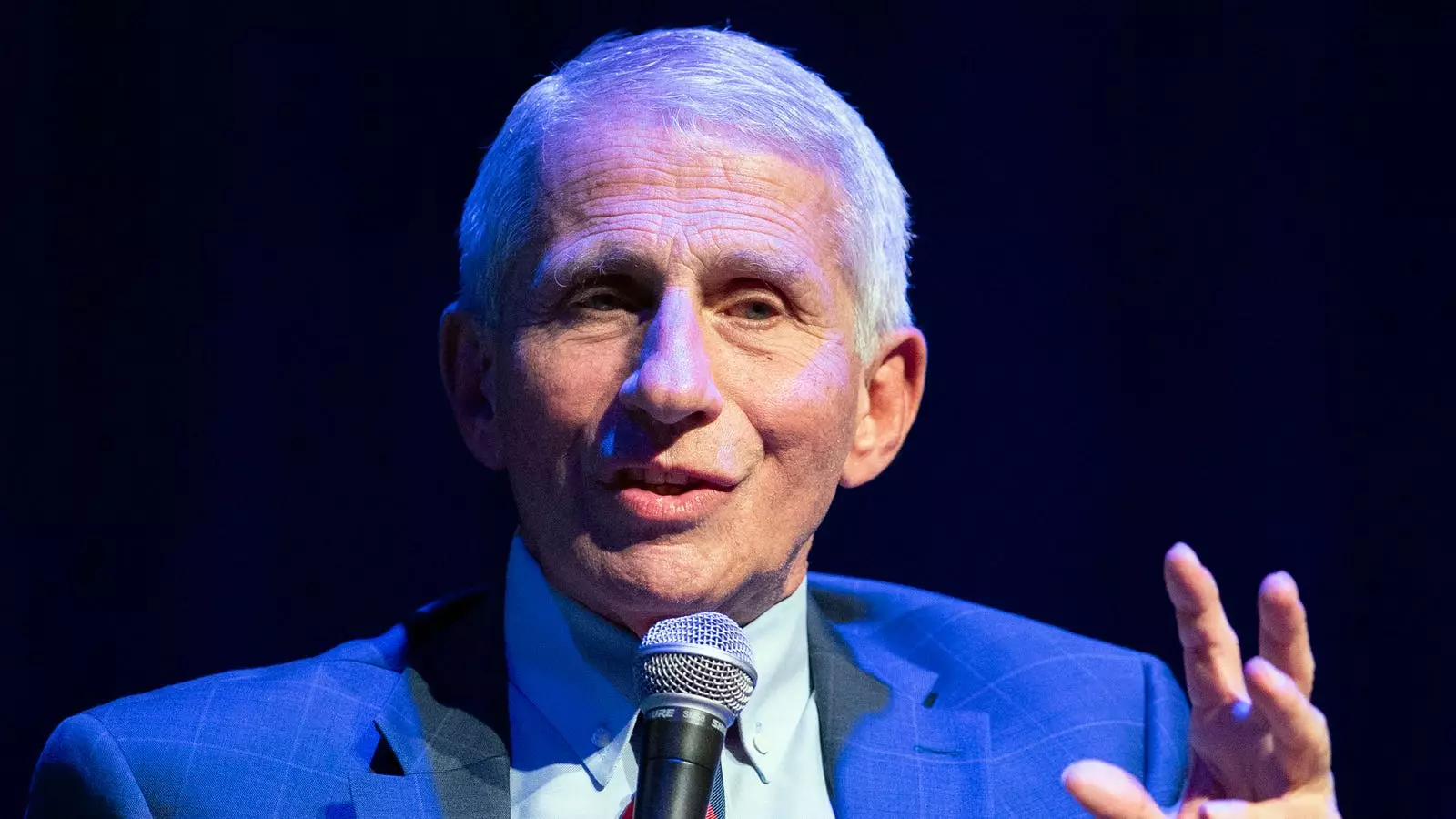Dr. Anthony Fauci, the renowned former director of the National Institute of Allergy and Infectious Diseases (NIAID), was recently hospitalized after contracting the West Nile virus. Fortunately, he is now recuperating at home and is expected to make a full recovery, according to a spokesperson who shared this information on Saturday.
West Nile virus is primarily transmitted through the bite of an infected mosquito. While many individuals infected with the virus remain asymptomatic, approximately one in five may experience symptoms such as fever, headache, body aches, vomiting, diarrhea, or rash. In more severe cases, about one out of 150 infected individuals can develop a serious, and at times fatal, illness.
Personal Account
CBS News’ chief medical correspondent, Dr. Jonathan LaPook, revealed in a social media post that he had a conversation with Dr. Fauci, who disclosed that he likely contracted the virus from a mosquito bite in his backyard. Dr. Fauci was admitted to the hospital about ten days ago after experiencing symptoms like fever, chills, and extreme fatigue. His hospitalization lasted for a week, underscoring the seriousness of the situation.
Professional Background
As the chief White House medical advisor during the COVID-19 pandemic, Dr. Fauci played a pivotal role in guiding the nation through the crisis. While his expertise made him a trusted figure for millions, it also made him the subject of political scrutiny and criticism. Despite leaving his government position in 2022, Dr. Fauci was summoned to testify before Congress in June regarding the origins of COVID-19 and the United States’ response to the pandemic. To continue his contributions to the medical field, Dr. Fauci joined Georgetown University as a distinguished university professor last summer.
Unfortunately, there are currently no vaccines available to prevent West Nile virus infection, nor are there specific medications for its treatment. As of late August, the Centers for Disease Control and Prevention (CDC) had documented 216 cases of West Nile virus across 33 states this year. The best approach to avoid contracting the virus is by taking proactive measures to prevent mosquito bites.


Leave a Reply